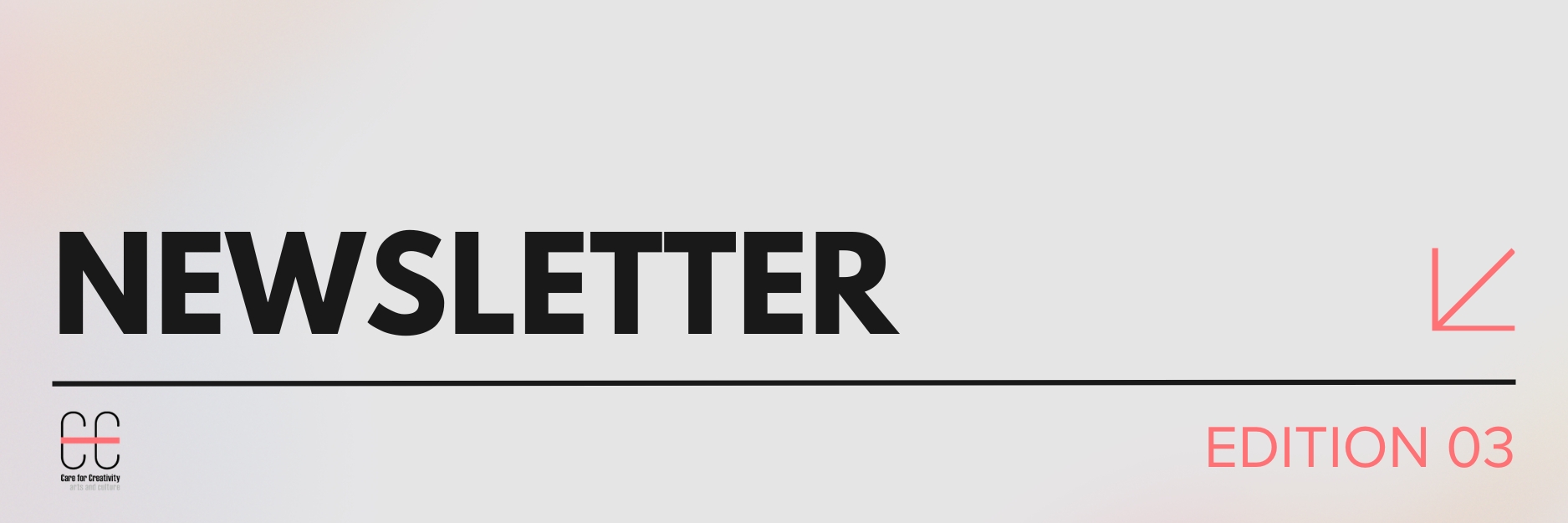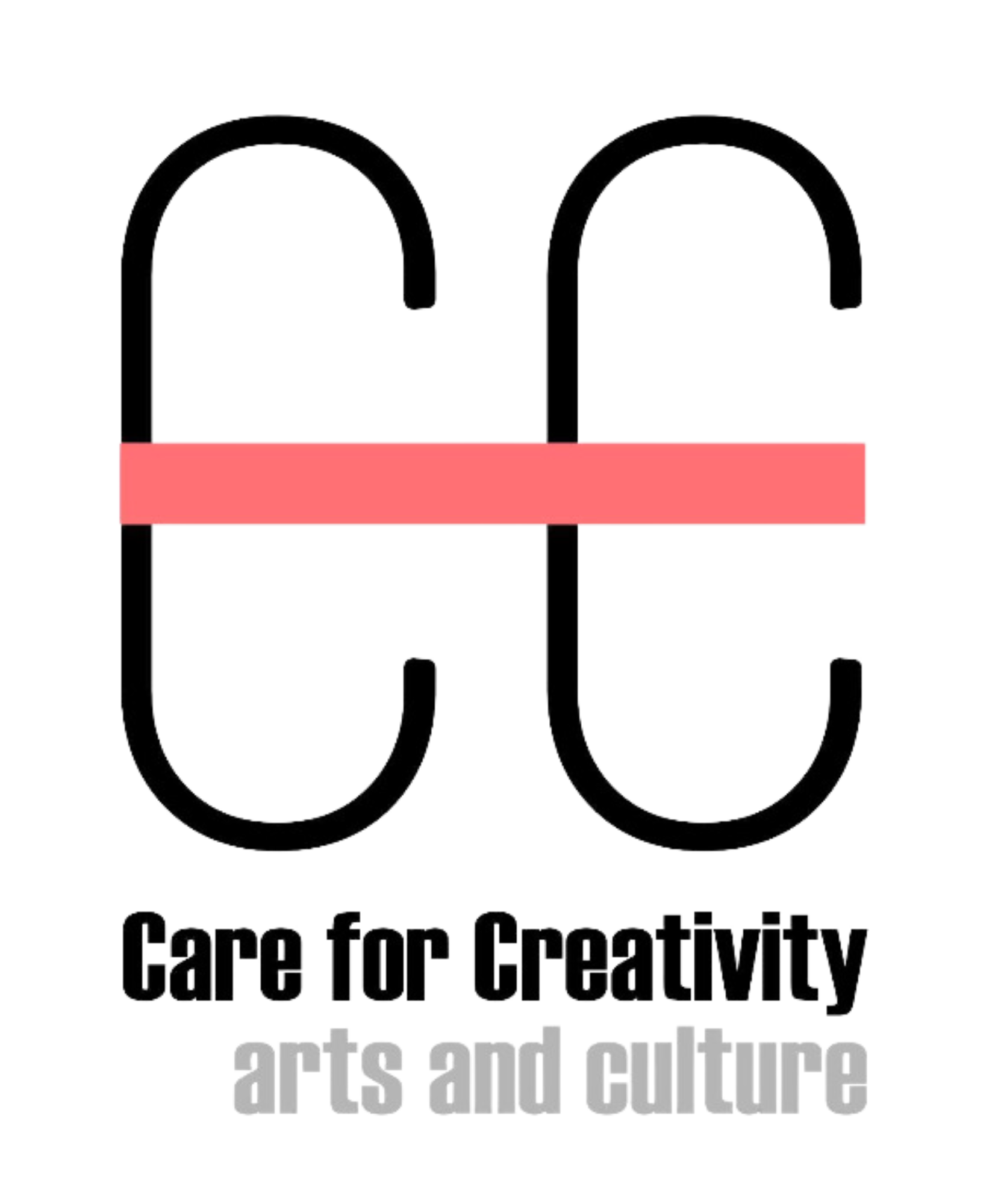
Newsletter #3
An interesting update of CforC in our latest Newsletter
Insights from Our Labs in Spain and the Netherlands
The Erasmus+ project Care for Creativity continues its mission to support mental health and reduce stress among creative professionals. As a collaborative initiative between EDUventure and LABA Valencia, School of Art, Design & New Media, we’ve entered a new phase: testing ideas and exploring practical solutions in two co-creative labs.
What have we been working on?
Following our fieldwork phase, we hosted two co-creative labs, one in the Netherlands and one in Spain, bringing together emerging creatives and seasoned professionals to dive deeper into the challenges of the design process. Participants explored how expectations, uncertainty, and collaboration impact their stress levels, and developped prototypes of hands-on tools for improving clarity and confidence.
What did we learn?
Across both countries, a common challenge stood out: creative professionals often feel unsure about what’s really expected of them. This uncertainty leads to stress, overwork, and a sense of being “off-track” in the design process.
In the Netherlands, we compared how designers proceed when interpreting a briefing for an assignment. We observerd two different approaches. Some designers used a highly structured, bullet-pointed breakdown; other designers took a reflective, strategic approach. All designers reported their reslience in taking so much time for this task to 'understand the expectations of the customer' and still feeling not sure about their recap. They are in need for quicker and better ways to do it, with a more clear outcome. This showed us the value of offering different task-analysis strategies, depending on a designer’s experience and working style.
In Spain, -for the same goal- we brought together two distinct groups: experienced professionals and young designers at the start of their careers. While senior designers showed confidence and process efficiency, they often sacrificed self-care. In contrast, younger designers were more open to experimentation but faced stress due to uncertainty and time pressure. The insights confirmed the need for teaching better briefing interpretation, time management, and feedback-handling from early on.
What’s next?
In the coming months, we’ll use these findings to refine and develop practical tools—templates, checklists, and collaborative guides—that support clearer communication, healthier workflows, and more balanced expectations in creative work.
And save the date! In October, we’ll meet again during Dutch Design Week in Eindhoven to exchange insights, test materials, and share our journey with a wider audience.
Stay creative—and take care,
The CforC Team



